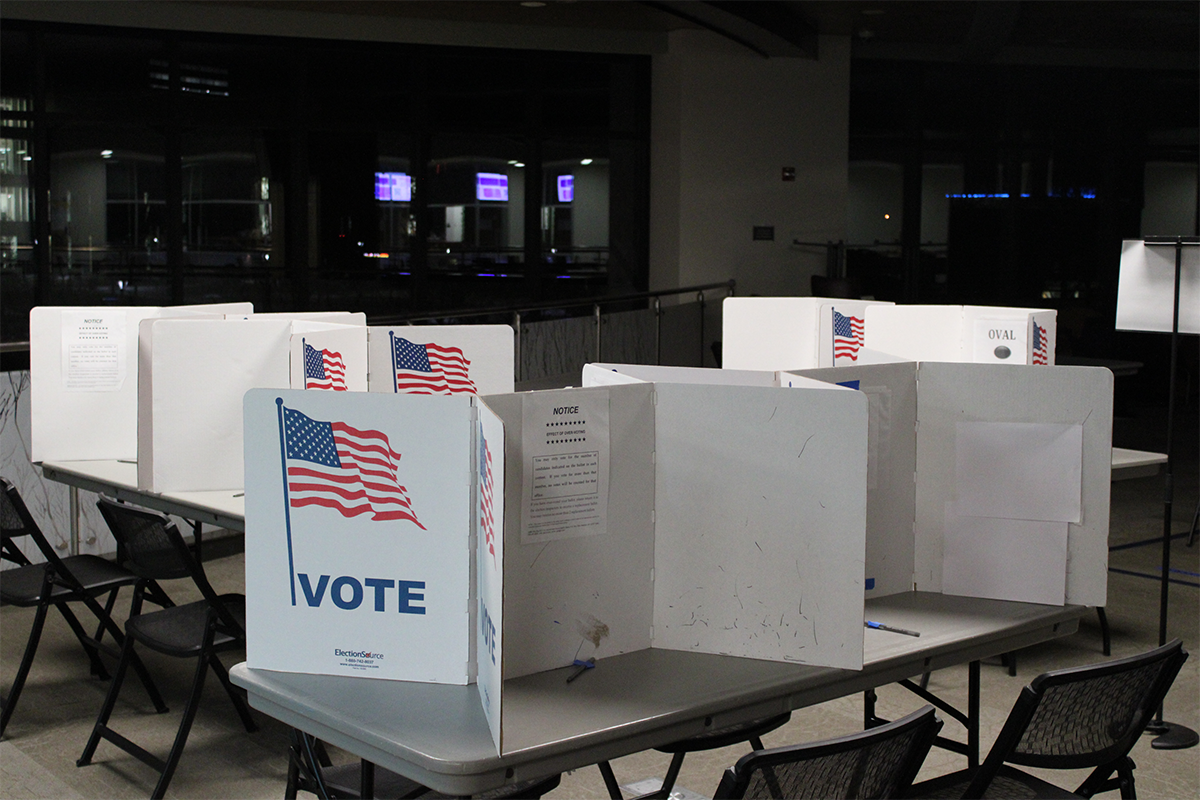Those curious of what students from other nations think of the war with Iraq can hear their thoughts Wednesday at an International Roundtable on campus.
International exchange students will give three- to five-minute talks on their own, and possibly their home country’s, opinion on the war, said assistant political science professor Steven Majstorovic, the event’s facilitator.
The roundtable will start at 4 p.m. in the Tamarack Room of Davies Center.
The discussion is not a “propaganda thing” slamming President Bush’s administration or the American stance on the war, Majstorovic said.
“The whole point of it is informative,” he said.
German exchange student Isabell Krumpholz, a junior, said her home country has been against the war with Iraq from the beginning. But now that it’s started, she said the focus is to bring the soldiers home and provide humanitarian aid to Iraqi civilians.
“I’ve had the impression we’ve always liked America,” she said. “(But) I just don’t get that whole freedom thing – liberating Iraq. Since World War II ended, we never had the urge to liberate another country.”
Most Germans were shocked when Americans elected Bush as president, Krumpholz said, but it “was surprising the way he acted after 9-11.” He didn’t overreact, and he handled things well, she said, but now there is general disagreement with Bush’s stance on Iraq.
Sharing a similar viewpoint as Krumpholz is Russian exchange student Alexander Shilovsky, also a junior. The political science major said the viewpoint from his homeland is completely different than the one of the Bush administration.
“The Russians’ point is for a peaceful solution,” he said. “The whole point is Russia, Germany and France are against the war. That’s what they were trying to express in the U.N. Security Council.”
“I think it’s going to be pretty hot,” Shilovsky said.
Majstorovic will oversee Wednesday’s discussion and debate. He said he plans to introduce the international exchange students and then guide the roundtable, interjecting only when needed.
The typical roundtable is scheduled to last an hour, he said, but due to the timeliness of the conflict with Iraq, two hours have been allotted for the use of the Tamarack Room.
Most roundtables attract an audience of 40 to 50 people, but Majstorovic said he could see this topic drawing a standing room-only capacity.
Shilovsky said he expects a higher turnout and more questions than normal due to the timeliness of issue.
Majstorovic shared a similar outlook on the event.
“The unexpected may happen, who knows,” he said. “(But I’ve) got a feeling there’s going to be some fireworks.”






